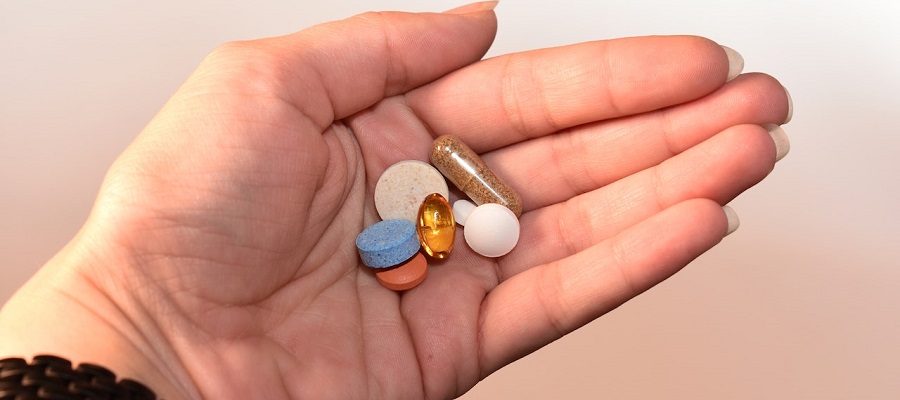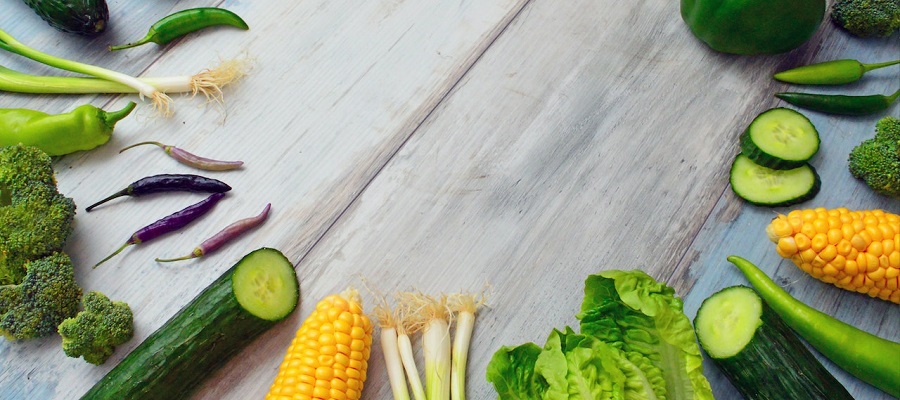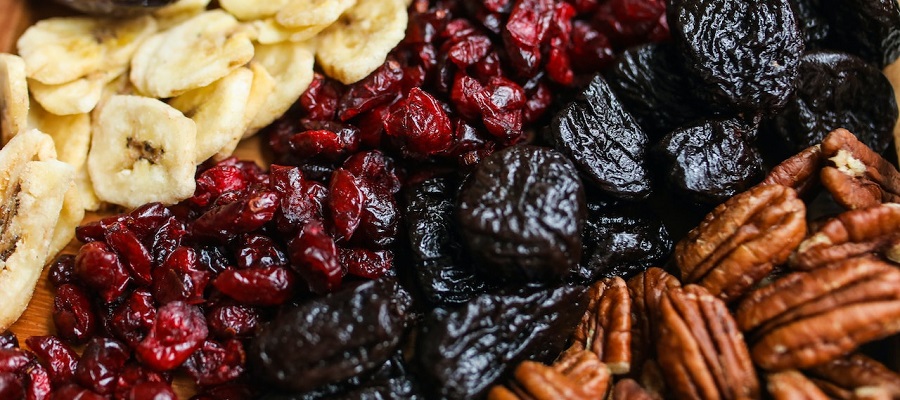Threonine is an essential amino acid that is important for the proper functioning of proteins in the body. It is necessary for the synthesis of collagen, elastin, and tooth enamel, and it also plays a role in the metabolism of fats. Threonine is also involved in the production of neurotransmitters and the regulation of the immune system.
Threonine is found in a variety of foods, including meats, dairy products, and grains. It is also found in smaller amounts in some plant-based protein sources, such as beans and legumes. Threonine is usually readily available in the diet and is not typically supplemented.
Like all essential amino acids, threonine cannot be synthesized by the body and must be obtained through the diet. It is important to consume enough threonine in order to maintain good health and support the proper functioning of the body's systems.
What does Threonine do for the human body?
Threonine is an essential amino acid that plays a number of important roles in the body. Some of the key functions of threonine include:
-
Synthesis of collagen, elastin, and tooth enamel: Threonine is necessary for the synthesis of these proteins, which are important for maintaining the strength and elasticity of connective tissues and the structure of teeth.
-
Metabolism of fats: Threonine is involved in the metabolism of fats, which helps to provide the body with energy.
-
Production of neurotransmitters: Threonine is involved in the production of neurotransmitters, which are chemicals that help transmit messages between nerve cells.
-
Regulation of the immune system: Threonine helps to support the immune system by promoting the production of antibodies and the activation of immune cells.
-
Maintenance of healthy skin: Threonine is important for maintaining the structure and function of skin cells.
Threonine is found in a variety of foods, including meats, dairy products, and grains. It is also found in smaller amounts in some plant-based protein sources, such as beans and legumes. Threonine is usually readily available in the diet and is not typically supplemented.
How much Threonine does one need daily?
The recommended daily intake of threonine for adults is around 8 milligrams per kilogram of body weight. This means that a person weighing 70 kilograms (154 pounds) would need approximately 560 milligrams of threonine per day.
It is generally easy to get enough threonine through a healthy, varied diet that includes protein-rich foods such as meat, poultry, seafood, dairy products, nuts, and seeds. Threonine is also found in smaller amounts in some plant-based protein sources, such as beans, lentils, and tofu.
It is not necessary to take threonine supplements to get enough of this amino acid, as it is usually readily available in the diet. If you are concerned about your threonine intake, it is a good idea to speak with a healthcare provider or a registered dietitian to assess your dietary needs and make recommendations for improving your nutrient intake.
Which foods contain the most Threonine?
There are many foods that contain threonine, including:
-
Meat: Meat, such as beef, pork, and lamb, is a good source of threonine.
-
Poultry: Poultry, such as chicken and turkey, is high in threonine.
-
Seafood: Seafood, such as fish and shellfish, contains threonine.
-
Dairy products: Milk, cheese, and yogurt are all good sources of threonine.
-
Nuts and seeds: Nuts and seeds, such as almonds, pumpkin seeds, and sunflower seeds, are high in threonine.
-
Beans and legumes: Beans and legumes, such as lentils, chickpeas, and soybeans, contain threonine.
-
Tofu: Tofu is a good source of threonine for vegetarians and vegans.
It is important to note that the body's ability to absorb threonine from the diet can be affected by the presence of other amino acids. Therefore, it is best to consume threonine as part of a protein-rich food, rather than on its own.
Can one over-supplement Threonine?
It is generally not necessary to take threonine supplements, as it is usually readily available in the diet. If you are considering taking threonine supplements, it is important to speak with a healthcare provider to determine whether they are appropriate for you and to discuss the appropriate dosage.
In general, it is not possible to overdose on threonine from food sources, as the body is able to use and excrete excess amino acids. However, taking high doses of threonine supplements could potentially cause side effects, such as nausea, stomach pain, and diarrhea.
It is important to follow the recommendations of a healthcare provider or the instructions on the supplement label when taking any supplement, including threonine. Overdosing on threonine supplements can cause harmful side effects and may not provide any additional benefits.


